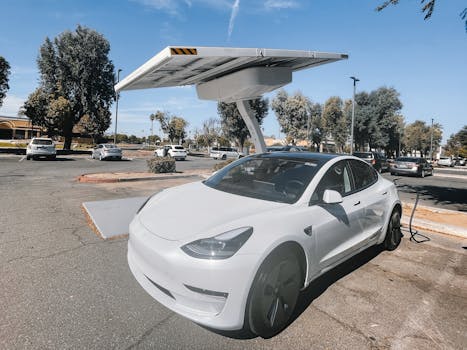
Smart Cities: Urban Trends for 2025
Smart Cities, the concept of creating urban areas that are highly advanced in terms of technology, sustainability, and innovation, is becoming increasingly popular. As we approach 2025, it’s essential to explore the urban trends that will shape the future of these smart cities.
Introduction to Smart Cities

Smart cities are designed to provide a high quality of life for their citizens, while also being environmentally friendly and sustainable. These cities use advanced technologies such as IoT sensors, data analytics, and artificial intelligence to manage and optimize their resources, making them more efficient and livable.
Urban Trends for 2025

As we look ahead to 2025, several urban trends are expected to shape the future of smart cities. Some of these trends include:
- Sustainable Infrastructure: Smart cities will focus on creating sustainable infrastructure, such as green buildings, renewable energy sources, and efficient transportation systems.
- Innovative Transportation Systems: With the rise of electric and self-driving vehicles, smart cities will prioritize the development of innovative transportation systems that are efficient, safe, and environmentally friendly.
- Smart Energy Management: Smart cities will use advanced technologies to manage their energy consumption, reducing waste and promoting the use of renewable energy sources.
- Enhanced Public Services: Smart cities will use data analytics and artificial intelligence to enhance public services, such as healthcare, education, and public safety.
Benefits of Smart Cities

The benefits of smart cities are numerous, including:
- Improved Quality of Life: Smart cities provide a high quality of life for their citizens, with access to advanced amenities and services.
- Environmental Sustainability: Smart cities are designed to be environmentally friendly, reducing their carbon footprint and promoting sustainable development.
- Economic Growth: Smart cities can attract businesses and investment, driving economic growth and creating new opportunities.
Challenges and Opportunities

While smart cities offer many benefits, they also pose several challenges and opportunities, including:
- Infrastructure Development: Building and maintaining the infrastructure of a smart city requires significant investment and planning.
- Cybersecurity: Smart cities are vulnerable to cyber threats, requiring advanced security measures to protect their systems and data.
- Data Management: Smart cities generate vast amounts of data, requiring effective management and analysis to unlock their full potential.






